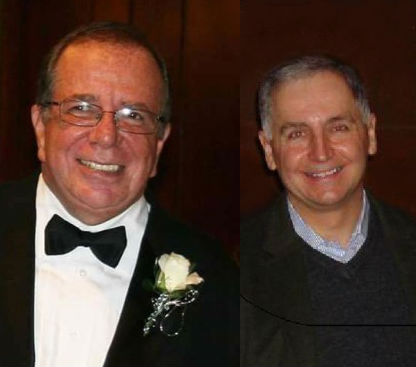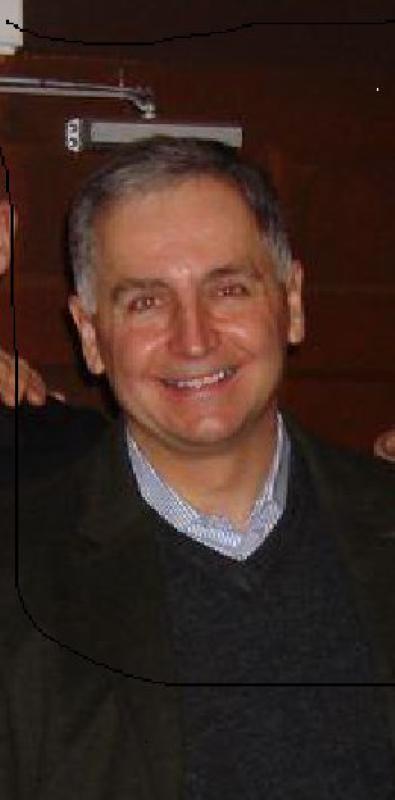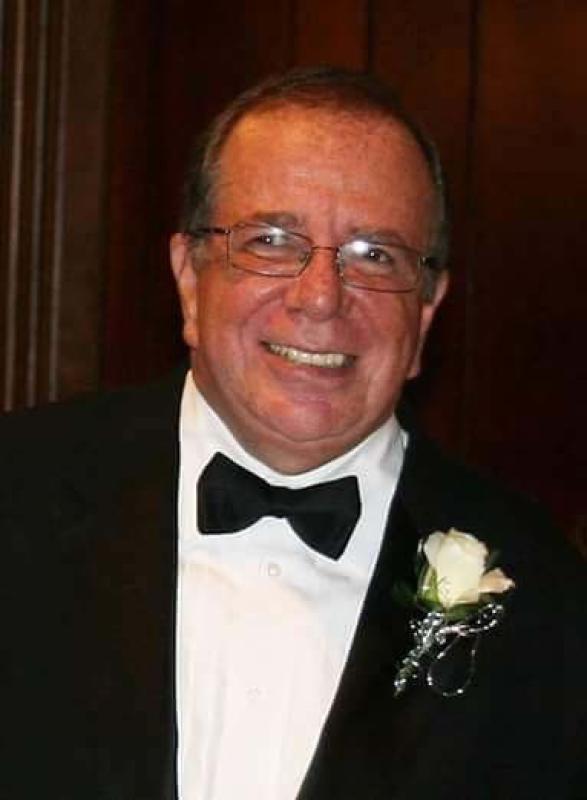This year the Advocate is covering the Valley’s mayoral races a little differently. We’ve asked each candidate the same four questions, which we hope will provoke thoughtful and illuminating answers — with a little editing for length and clarity. We start in Chicopee, where incumbent Richard Kos is facing former mayor and district attorney Michael Bissonnette.
You have $100,000 free in the budget and you get to decide how it is spent. What department — or departments — would you give this money to?
Kos: An available $100,000 would be used to enhance our grant writing efforts. Though successful now with federal and state grants, we would be able to pursue private foundations grants. The possibilities for funding for public safety, schools, recreation and elders are virtually without limits. The potential for compounding the initial investment would be real.
Bissonnette: Chicopee will face a future fiscal cliff in paying future health benefits for retirees. Presently dealt with on a “pay as you go” basis, this potentially explosive municipal liability could hamstring future generations of taxpayers from affording the basics of local government services. A stabilization account dedicated to these costs could start with that initial allocation and be funded annually thereafter.
What is your opinion of a flat tax rate, in which businesses would pay the same property taxes as residents?
Kos: A uniform tax rate in Chicopee for both residential and business properties does not currently exist and I would not favor it. Tax rates need to be looked at with property valuations, as the total bill is the issue for our taxpayers. The goal is finding the right balance for taxes to be paid and the value of the municipal services being received. As a crossroads city, Chicopee offers a great deal of value to its business community. That is in balance with residents who have come to enjoy value in living here with the multitude of services and the second lowest average residential tax bill in the Pioneer Valley.
Bissonnette: The current property tax classification reflects a 150 percent ratio for business and commercial property. Mayor Kos advocated a reduction in that ratio from 175 percent when he spoke for the Chamber of Commerce to the City Council. I opposed that switch of 25 percent of the tax burden as being harmful to residents. Under state law, this change locked the city into that rate permanently. I would seek to return to a more favorable residential tax rate.
Can you identify a problem in the school system? How would you address it?
Kos: Every urban gateway community has challenges with some students who are not engaged. Students who are not engaged usually come from families that are not engaged. Teachers, staff, administrators and even superintendents and mayors must work to increase the importance of education to those families. Outreach efforts and visibility by the mayor, superintendent and School Committee members in classrooms and school events enhances awareness. Any level of improvement has a benefit to the district. Chicopee does enjoy significant success in its schools as there are not any level 4 schools. Two schools have been elevated to level 1 and Barry Elementary was named a Blue Ribbon School by the U.S. Department of Education as a top 300 school in the country.
Bissonnette: I’m proud that we avoided layoffs or service reductions in education during my four terms despite serious 35 percent cutbacks in state aid. Our results in lowering dropout rates and improving test scores reflect the quality of our teaching and professional staff. While our new high schools and renovated middle school make for excellent learning environments, we need to make facility improvements in our other aging schools by taking advantage of the current 80 percent Massachusetts School Building Association reimbursement rate. We also can improve parental involvement with education and increase the availability of pre-school slots by seeking state and federal grants in these areas.
What area or areas in town are in need of environmental improvements?
Kos: Addressing environmental issues has been a priority for me. During my previous administration, we cleaned a contaminated mattress factory site on Chicopee Street, which resulted in locating the Channel 22 television station there. As a gateway city, Chicopee has three unique areas of concern regarding environmental improvements. Foremost is the former Uniroyal property in Chicopee Falls, which is mid-way in a clean-up effort and ongoing. The center of Chicopee has areas of environmental concerns and one former polluted gas station site is funded and set to be remediated this fall. The Willimansett area of Chicopee is an uncharted area of concern and the city has recently been selected by the state Department of Environmental Protection to participate in the Urban Initiative Program, only the second in Western Mass, which offers hours of staff time to identify brownfield sites in that area of the City. This is an important first step in the clean–up process.
Bissonnette: Working with federal and state agencies, we secured millions in grants into Chicopee for brownfields remediation at former industrial sites, removing pollution, hazardous waste and crumbling buildings. Additional grant funding was obtained to begin cleaning up downtown pollution as well as embarking on a long term plan that eliminated 80% of sewage overflows into the Connecticut and Chicopee Rivers. In addition, federal funds were allocated to construct RiverWalks along both areas and state grants helped to do major energy efficient improvements at Szot Park. I would continue my work with the EPA and DEP to eliminate the remaining buildings at Uniroyal and seek more time to accomplish the remaining 20 percent of sewer separation project by spreading the added $100 million in costs over the next two decades instead of the next five years.•





